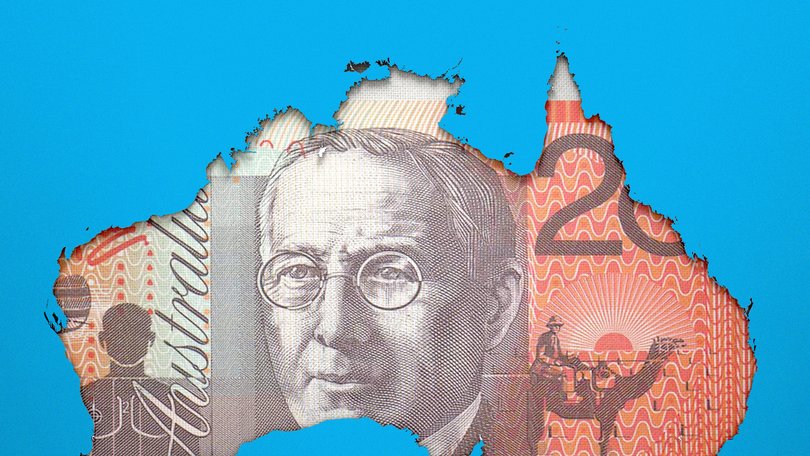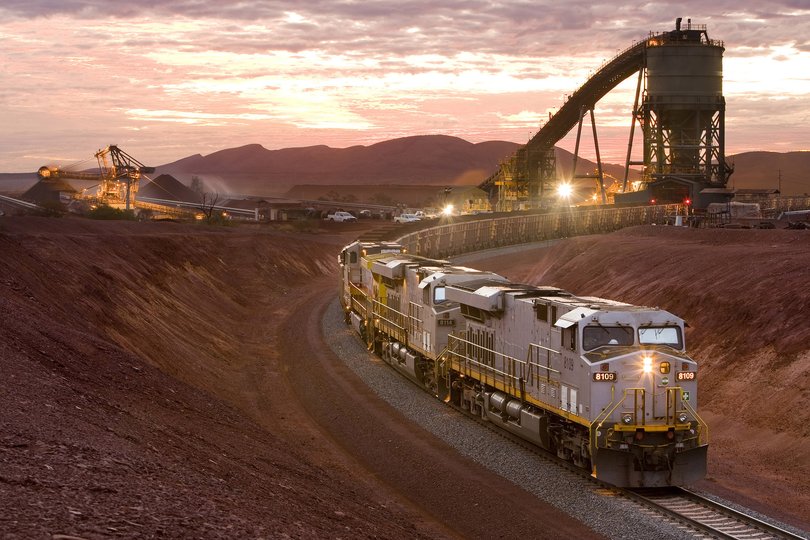AARON PATRICK: Glum about your prospects? Brighten up! Australia is back
AARON PATRICK: The share market and property prices are up. Inflation and unemployment are down. The outlook is looking good for a country that has talked itself down.

Around the world, there’s a sense progress has stalled. Once seen as inevitable, democracy and economic advancement are in retreat. Tensions within societies are getting worse. International conflict is on the rise.
Many Australians, seeing racial, religious and cultural debates arrive from overseas, have become disheartened about the future. Half the country believes life will be worse in 50 years, according to a March survey by an Australian National University politics professor, Nicholas Biddle.
Amid the gloomy news, it is easy to miss a truth: after a few tough years, Australia is back.
Sign up to The Nightly's newsletters.
Get the first look at the digital newspaper, curated daily stories and breaking headlines delivered to your inbox.
By continuing you agree to our Terms and Privacy Policy.The new financial year began this week, and the results of 2025 showed an economy confident about the future: the share market rose 10 per cent, house prices were up 5.6 per cent, unemployment was just 4.1 per cent (in May) and inflation slowed to 2.1 per cent (also in May).
Making luck
A World War II general, Douglas MacArthur, once said: “The best luck of all is the luck you make for yourself.”
The saying is apt for Australia, which was barely touched by the global trade war and continues to benefit from strong demand across Asia for gas, coal and iron ore.
“We’ve got some things right and we’ve had some luck,” one of Australia’s top academic economists, Richard Holden, said. “That’s been our good fortune but we’ve had to execute on it as well.”
Apart from the good sense to support some of the world’s most efficient mining and energy companies, Australia benefits from an independent central bank, which was able to lower inflation without throwing thousands of Australians out of their jobs.
The next challenge for the Reserve Bank and the federal government will be to drive up growth, which remains the economy’s outstanding weak point.

Finding growth
After a sluggish 18 months, economic momentum is building. The Commonwealth Bank this week forecast growth would accelerate from 1.3 per cent to 2.3 per cent in the next year as those share price gains and a strong property market make millions of Australians feel more prosperous.
“You will start to see the consumer become more confident over 2026 and they will provide a boost to growth while keeping unemployment relatively low,” the bank’s chief economist, Luke Yeaman, said.
Resource companies are not the only stars of the share market. The creative forces that have made Australia so prosperous can be seen in companies such as TechnologyOne, a Brisbane business that posted one of the biggest gains in the S&P/ASX 200 index of big stocks last financial year.
Even though it doubled in value to $13 billion, many Australians will have not heard of TechnologyOne, which supplies computer software to councils, universities and other organisations to manage their budgets, pay suppliers and interact with customers.
TechnologyOne used to take 250 days, on average, to install the software. Now it is down to 126 days. Chief executive Edward Chung wants to get it to 30, a target so ambitious that it could reshape the entire industry.
“It’s a big ask,” Mr Chung told The Nightly. “We will have changed the world.”
Operating a culture that celebrates results over process, TechnologyOne is an example of Australia’s economic future.
Beyond the gloom
A reason many Australians, especially young people, aren’t optimistic is because of the negative messages they receive about the world. From wars to global warming, racial and sexual prejudice, they are told their futures are in peril.
At home, most governments, state and federal, refuse to make decisions in society’s long-term interests, fearing it may cost them power.
While every society faces challenges, it may be worth remembering that Australians are among the world’s most fortunate peoples. Australia the ninth-richest country on a per-person basis, ahead of Britain, Canada, France, Germany and Japan, according to Harvard’s Atlas of Economic Complexity.
We live in a country that’s mostly safe, healthy and prosperous — despite poor politicians.

